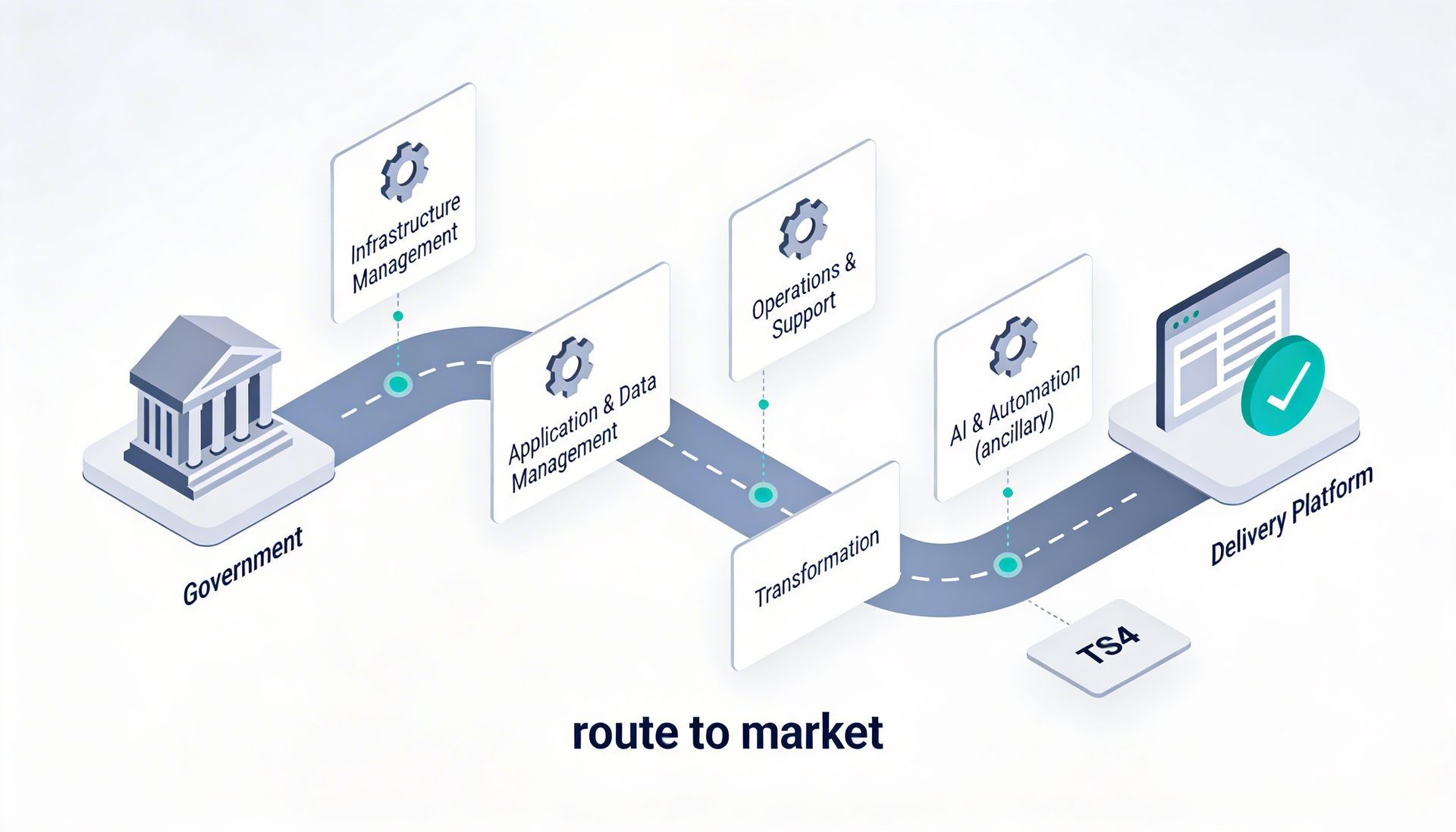Cyber Security Is Business Survival: Why the NCSC Is Writing to Britain's Biggest Companies
The National Cyber Security Centre has taken the extraordinary step of co-signing a ministerial letter to chief executives and chairs of Britain's leading businesses, including all FTSE 350 companies. The message is unambiguous: cyber security is no longer just an IT concern—it's a matter of business survival.

An Unprecedented Warning
A joint letter from the NCSC, government ministers, and the National Crime Agency represents an escalation in tone and urgency. When multiple arms of government unite to issue a direct warning to Britain's largest corporations, it signals that the threat has reached critical levels.
Jon Ellison, NCSC Director of National Resilience, frames the challenge simply: "Don't wait for the breach, act now."
The Escalating Threat
This year has seen some of the UK's best-known companies face serious disruption to their supply chains and services. The scale of the problem is growing rapidly—highly significant incidents handled by the NCSC increased by 50% in the year to September.
Many organisations maintain the dangerous belief that they're unlikely to be targeted. The NCSC's assessment is stark: every organisation with digital assets is a potential target for cyber criminals.
The consequences extend far beyond technical disruption. Legal ramifications, financial losses, and reputational damage can be devastating. As the CEO of the Co-op recently highlighted, there's also a profound personal impact on leaders when their organisations fall victim.
The cost of inaction is rising, and the window for preparation is narrowing. Cyber attacks cascade through supply chains, affecting customers, partners, and the broader economy. When major organisations fall victim, the ripple effects impact thousands of other businesses and millions of individuals.
Three Concrete Actions
The NCSC hasn't just issued warnings—they've provided a clear roadmap. Senior leaders can proactively reduce risk through three recommended steps:
1. Make Cyber Risk a Board-Level Priority using the NCSC's Cyber Governance Code of Practice. Cyber resilience must be treated as a strategic business priority, not delegated entirely to technical teams. This means regular board discussion of cyber risks, clear accountability, appropriate budgets, and integration into business strategy.
2. Sign Up to the NCSC's Early Warning Service which provides organisations with timely threat intelligence about vulnerabilities and attacks targeting their infrastructure. This free service enables proactive defence rather than reactive damage control.
3. Require Cyber Essentials in Your Supply Chain to reduce third-party risk. Supply chain compromises have become increasingly common—attackers target less secure suppliers as a route into larger organisations. Requiring baseline security standards throughout your supply chain addresses this vulnerability.
Collective Endeavour
The NCSC's 2025 Annual Review emphasises that improving cyber resilience must be a collective endeavour. Collaboration sits at the heart of resilience—individual organisations acting alone cannot match the sophistication of modern threat actors.
Government and industry must work together to understand the evolving threat landscape. Sharing threat intelligence, coordinating responses, and establishing common security standards create stronger defences for the entire economy.
Board-Level Responsibility
The letter's targeting of CEOs and chairs is deliberate. Cyber security requires leadership, strategic thinking, and resource allocation that only board-level executives can provide.
Leaders must ask difficult questions: What would happen if our systems were compromised tomorrow? Do we understand our critical dependencies? Have we tested our incident response plans? Are our suppliers adequately secured?
The Urgency Is Real
The NCSC doesn't issue warnings lightly. The 50% increase in highly significant incidents isn't an anomaly—it's a trend. Threat actors are becoming more sophisticated, attacks more damaging, and the window for preparation is narrowing.
Organisations that wait for a breach before taking action will respond from a position of crisis. Those that act now can build resilience systematically and respond to threats from a position of strength.
The Bottom Line
The NCSC's message to Britain's business leaders is unequivocal: cyber security is business survival. The threat is real, growing, and affects every organisation with digital assets.
The three recommended steps—board-level prioritisation, early warning enrolment, and supply chain requirements—provide a clear starting point. These are concrete actions that leaders can initiate immediately.
The choice is stark: act proactively to build resilience, or wait reactively to manage the consequences of a breach. In an environment where highly significant incidents increased 50% in a single year, waiting is no longer defensible.
Don't wait for the breach. Act now.
Build Board-Level Cyber Resilience
At Altiatech, we help organisations implement the NCSC's recommendations and build comprehensive cyber security strategies that protect business operations and support strategic objectives.
Our cybersecurity services embed data governance, risk management, and compliance to help you meet regulatory obligations. We can assist with board-level cyber governance, Cyber Essentials certification, supply chain security assessments, and ongoing threat monitoring and response.
Whether you're responding to the NCSC's call to action or proactively strengthening your defences, our team provides the expertise and support to build genuine resilience.
Get in touch:
📧 Email:
innovate@altiatech.com
📞 Phone (UK): +44 (0)330 332 5482
Don't wait for the breach. Build resilience today.
Ready to move from ideas to delivery?
Whether you’re planning a cloud change, security uplift, cost governance initiative or a digital delivery programme, we can help you shape the scope and the right route to market.
Email:
innovate@altiatech.com or call
0330 332 5842 (Mon–Fri, 9am–5:30pm).
Main contact page: https://www.altiatech.com/contact













